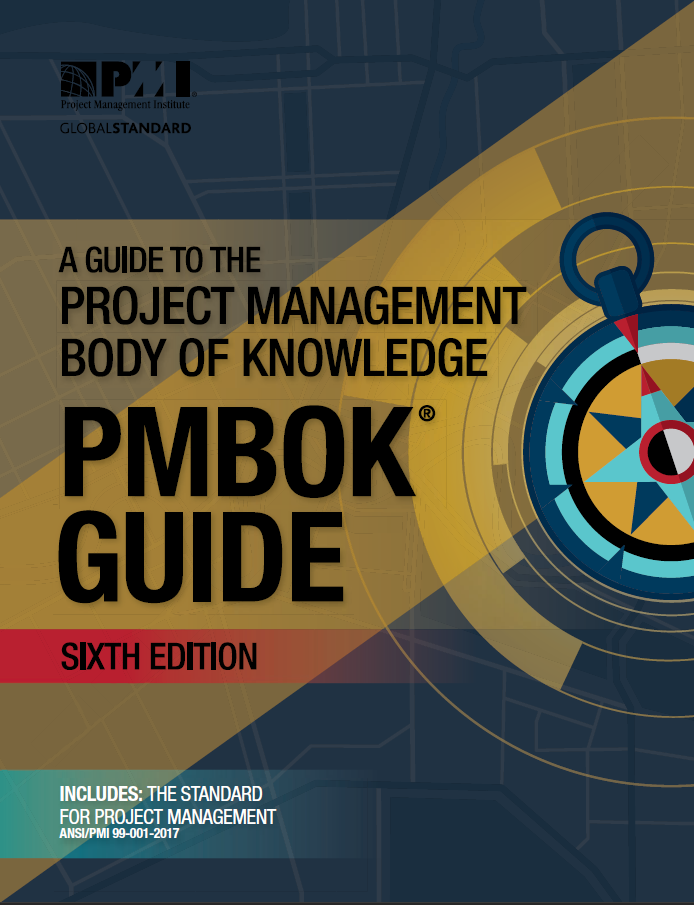A Dive Into the Project Management World

Today I took the time to read the first two chapters of a book considered “the Bible” of project management. The book is called “A Guide to the Project Management Body of Knowledge also known as the PMBOK Guide and it was written by an American nonprofit professional organization called Project Management Institute. This is a comprehensive book that describes the ins and outs on what project management is, what “areas of knowledge” exists within the project management space, how a project can be set up, common terms used in this field and much more.
I have never managed a project before, unless you consider the times I had to lead some group projects back at university, this is a completely new realm for me. The first chapter introduces the reader on what project management is and what good practices exists in this area. I won’t go into details as it is quite extensive but it was interesting for me to conclude that, one does not simply ‘just manage’ a project. There’s a lot of things to consider if an organization wishes to execute and manage a successful project or program (collection of projects, or programs, or both). There is a lot of useful information on what needs to be done every step of the way and I found this to be quite interesting and eye-opening.
The second chapter of the book deals with enterprise environmental factors, organization assets and systems. I found this to be a bit more technical but basically it described the concept of factors, both within or outside any given organization, that can influence a project all kinds of ways, what roles and hierarchies can exist with a project and the amount of participation of a given role is needed in a particular project.
I specifically liked how the book categorizes the enterprise environmental factors (and also other project management concepts) because I feel like it will be much easier to communicate these factors to stakeholders in a real world case where a project needs to be managed.
As I continue to read this book, I feel like I’m on a journey discovering what managing a project is all about. Stating the obvious here, I am reading a book on project management after all. But I feel like I’m doing more than just discovering. At the same time, I’m also getting rid of my ignorance on many, if not all, of the wrong assumptions and underestimations I made about managing projects in general so far, in a business context at least.